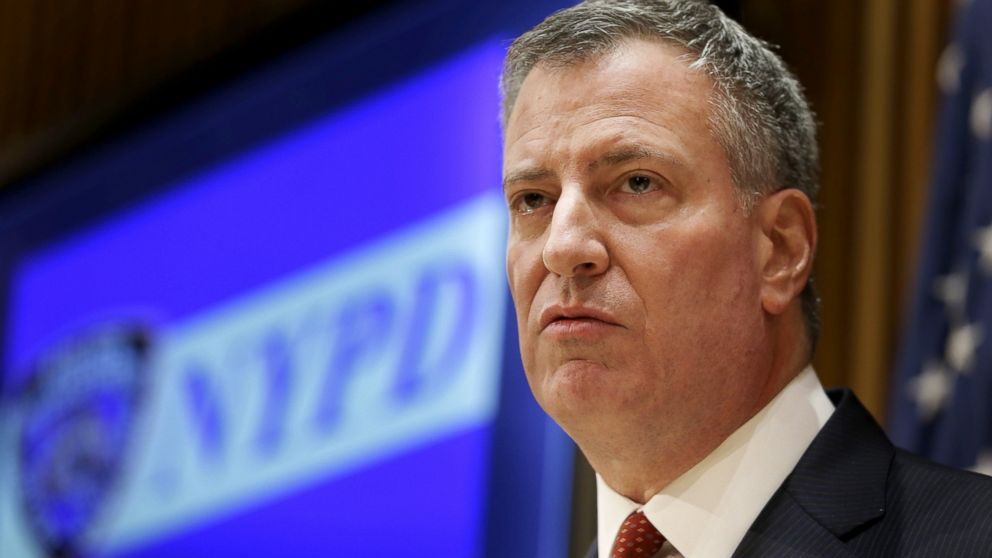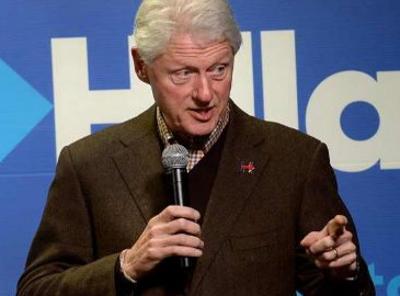
On Monday, March 21, evening Donald Trump spoke about his position on Israel while addressing the American Israel Public Affairs Committee (AIPAC) in Washington. His major foreign policy address seemed scripted and was in a new style much different than his standard, off-the-cuff campaign speeches.
Trump suggested that he wants to scale back foreign aid to Israel – a stance that could fuel doubts about his commitment to the Jewish state and once again shows how he changes his position every-time he comes in front of camera to get the most from media.
The comments came at a news conference ahead of his speech to the American Israel Public Affairs Committee, an influential pro-Israel group.
“There are many countries that can pay, and they can pay big-league,” Trump said.
That was his response when asked whether he would include Israel on a list of countries such as Japan, South Korea and Germany that, in his view, can afford to cover their own defense costs without U.S. subsidies, or at least with far less largesse from American taxpayers.
To even entertain such a possibility was sure to provide fodder for critics who view Trump as both naive on foreign policy and unreliable when it comes to Israel.
A while later, giving reporters a tour of the Old Post Office a few blocks from the White House — a historic building being transformed into the luxurious Trump International Hotel — Trump quickly reversed himself on aid to Israel, saying, “They help us greatly.”
Trump’s team – Keith Kellogg, Carter Page, George Papadopoulos, Walid Phares, and Joseph E. Schmitz.
The wannabe POTUS and likely Republican candidate rolled out his global foreign policy panel: a collection of charlatans including a Christian academic accused of inciting violence against Muslims, a former Pentagon official who blocked investigations into Bush administration bigwigs, and an assortment of self-professed experts probably few in established foreign policy circles have ever heard of. These are the minds advising Republican presidential candidate Donald Trump on foreign policy and national security.
“I hadn’t thought of doing it, but if you want I can give you some of the names,” said Trump.





Be the first to comment